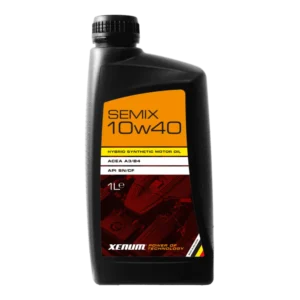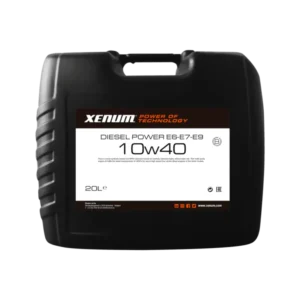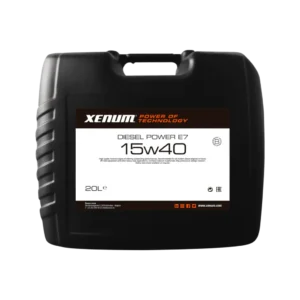We recently told you why modern synthetic motor oils are better than their mineral counterparts. And all thanks to their multifaceted properties and ability to preserve characteristics under difficult conditions.
Thanks to this, synthetic oils can independently change their viscosity index without the need for additional additives. But, you must be wondering, do they have other differences that make them better? Let's discuss in more detail each of the types of motor oil and determine their features.
Mineral motor oils
They are also called ordinary, or "mineral-based", since hydrocarbons extracted from oil can be found in their composition. Usually, everyone perceives it as lower quality.
However, we want to tell you that they also have their advantages.
The first, main advantage is, of course, the price. The production of mineral oil is not expensive, as such oils are obtained from fairly common raw materials. Since its creation does not require large funds, the price remains low.
Also, due to the nature of oil, it has a tendency to work only in a certain temperature range, which leaves its potential. This property prompts manufacturers to create applications for such oils so that it is possible to use them in more extreme conditions (temperatures).
Other general considerations are that mineral oils, because of their faster wear, should be changed more frequently.
Such a statement is not entirely accurate.
Although such oils degrade faster due to oxidation, the tolerances and standards for both mineral and synthetic oils are the same. That is why, in order for a mineral oil to meet the tolerance, it only needs to withstand the same conditions as a synthetic oil with such a tolerance.
In conclusion, cars can easily use both types of oil - it all depends on the recommendations for your model.
Also, if you would be interested in learning more - pay attention to our article on motor oil tolerances.
This also means that the oil change interval can be the same for both types - either in kilometers or the time specified by the car manufacturer.

Synthetic oils
In addition to the ability to change its viscosity index, depending on the temperature, synthetic oils also have other advantages.
The most important of them is the almost complete absence of aging-decomposition of synthetic oils. This results in safer and more stable operation, and it also ensures that there is no residue or slag in the vehicle system. And this, in turn, leads to better protection of car parts from wear during the life cycle.
It should also be remembered that mineral-based oils, to which even additives have been added to improve the viscosity index, are still not able to show better performance indicators in extreme conditions.
IMPORTANTLY!
Synthetic oils are better at resisting thermal decomposition and evaporation, and are thinner at low temperatures. That is why oils for low temperatures, such as 0W20 or 5W30, are usually synthetic.
To summarize what characterizes synthetic motor oils, we can say the following:
- Better results at extreme (high-low) temperatures.
- Help keep the engine clean of sludge and residue that can reduce the efficiency of automotive systems.
- Provide better protection against wear and tear of the engine and its parts.
Semi-synthetic oils
As you probably guessed, semi-synthetic oils are a mixture of the two types of oils listed above. Sometimes they are called hybrid oils.
Semi-synthetic oils have all the advantages of synthetic oils without the disadvantages of mineral oils. This means that we get the best performance under extreme conditions, but the oils are not as stable as fully synthetic oils. Typically, winter grade oils such as 10W50 and 15W40 are either hybrid or even mineral, as with the right additives they are not inferior to fully synthetic oils.
It should also be noted that the difference between synthetic and semi-synthetic oils is noticeable in the matter of price. In general, semi-synthetic oils are a cheaper solution.
Xenum offers a wide selection of semi-synthetics:
For a responsible driver who takes care of his car and changes the engine oil when necessary, the difference can be almost imperceptible in matters of reliability and performance at high temperatures, or wear of car parts. However, if your car is under daily load and it is important to you to keep it in the best shape - the right engine oil should be on the list of your decisions.
This is what we can say as a conclusion.
Next time we will tell you about how applications can improve the capabilities of motor oils.
Respect your car! Stay tuned for new tips and interesting information!
 automatic transmission (automatic)
automatic transmission (automatic) MKP (Mechanics)
MKP (Mechanics) Lubricating system
Lubricating system Fuel system
Fuel system Cooling system
Cooling system
















